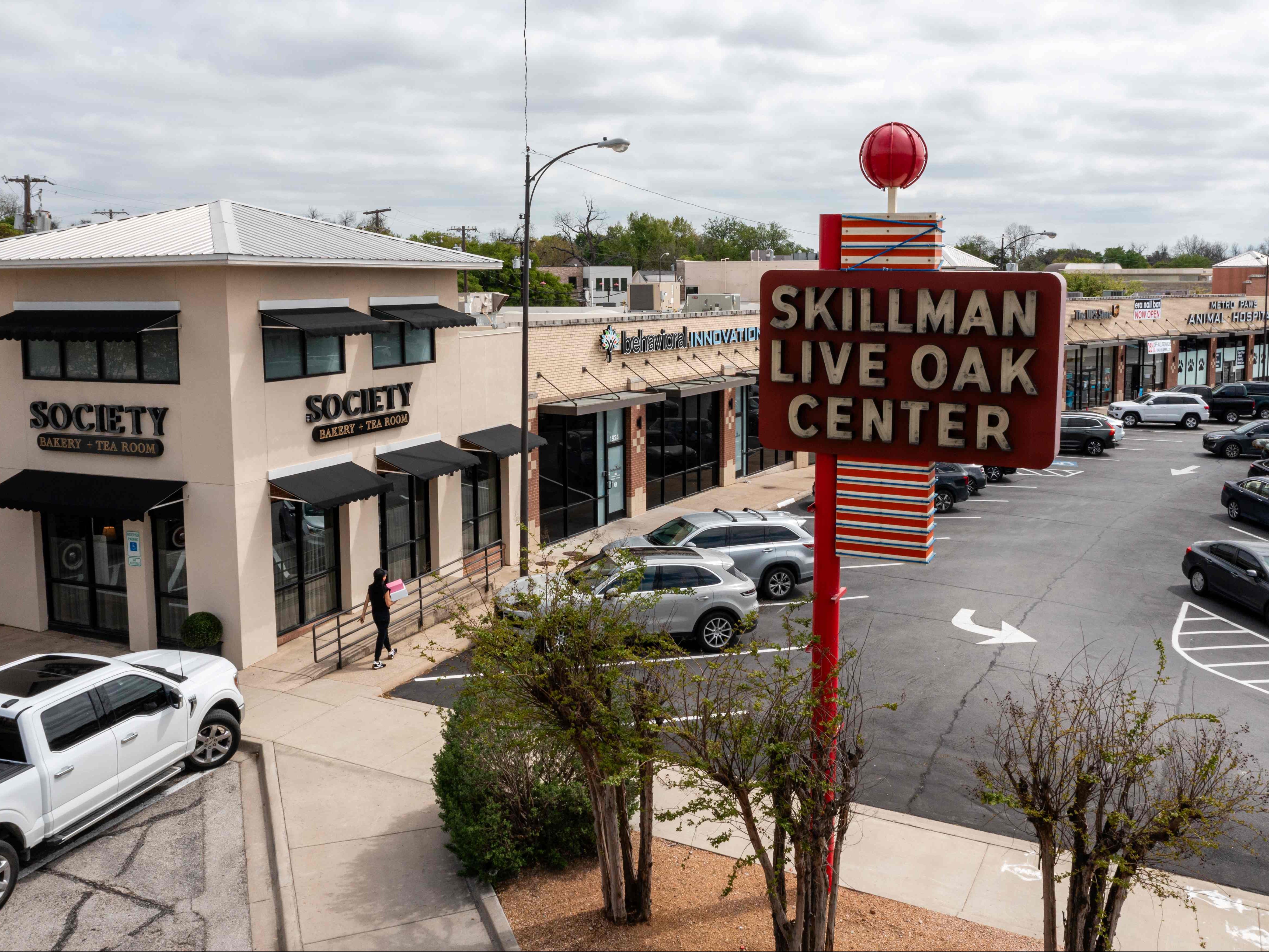Economy Watch: Housing Starts Rise in June, Debt-Ceiling Activity but No Resolution, Robo-Signing Not Dead
On Tuesday the U.S. Department of Commerce reported that housing starts in June were at an annualized rate of 629,000 units, the highest in five months. There were two developments in the debt-ceiling saga, and robo-signing still continues, according to the AP.
June 20, 2011
By Dees Stribling, Contributing Editor
On Monday, homebuilders were reported to be a little more optimistic this month. Maybe there’s some reason for it, since on Tuesday the U.S. Department of Commerce reported that housing starts in June were at an annualized rate of 629,000 units. While not precisely healthy, that’s the highest number in five months.
Construction starts for both single-family and multifamily properties increased in June. Single-family starts rose 9.4 percent month-over-month to an annualized rate of 453,000 units, the highest rate since November 2010. Multifamily starts spiked by 30 percent during June to an annualized rate of 176,000 units. But then again, multifamily starts are known for their volatility.
Building permits, a forward-looking indicator of the market, were up as well during June, with multifamily leading the way. All together, new housing permits rose to an annualized rate of 624,000 units during the month.
Debt-Ceiling Activity on Capitol Hill, But No Resolution
Meanwhile, in Washington, there were two developments in the debt-ceiling saga on Tuesday. The so-called Gang of Six group of Senators — three Democratic, three Republican — emerged from the shadows with a deficit-cutting, ceiling-raising plan that borrowed heavily from the President’s Fiscal Commission Draft Report recommendations from about six months ago (some trillions in spending cuts, plus revenue increases through tax code changes). The Gang’s recommendation seemed to be well received in that chamber, but all bets are still off in the House.
For its part, the House of Representatives voted “aye” mostly along party lines (all but nine Republicans, only five Democrats) on Tuesday to cut the federal budget immediately by $110 billion, cap future federal spending to a decreasing percentage of U.S. GDP, and raise the debt ceiling after Congress sends a balanced-budget Constitutional amendment to the states. Since the measure’s chances in the Senate are roughly zero, it was a symbolic vote.
Perhaps dreaming of those halcyon days before the Federal Reserve Act of 1913 and all the rest of those Progressive Era reactions to the excesses of the Gilded Age, Rep. Ron Paul of Texas (nominally a Republican, but really in a class of his own) said before the vote, “What we really need is a constitutional amendment to limit taxes and spending, not simply to balance the budget. What we need is a dramatically smaller federal government. If we achieve this, a balanced budget will take care of itself.”
AP Exposé: Robo-Signing Not Dead
The AP reported on Tuesday that “mortgage industry employees are still signing documents they haven’t read and using fake signatures more than eight months after big banks and mortgage companies promised to stop the illegal practices that led to a nationwide halt of home foreclosures.”
The article found instances of foreclosure documents in various parts of the country with an assortment of suspicious signatures. One example cited by the article was a “Linda Green” in Massachusetts whose signature appears on about 1,300 documents in “22 different handwriting styles and with many different titles.”
Wall Street leapt over tall buildings in single bounds on Tuesday — perhaps excited by Apple’s really good quarter, or maybe the multimillion-dollar take from the new Harry Potter movie — with eager investors pushing the Dow Jones Industrial Average up 202.26 points, or 1.63 percent. It was the largest increase for the index so far this year. The S&P 500 was also up 1.63 percent, and the Nasdaq gained 2.22 percent.








You must be logged in to post a comment.